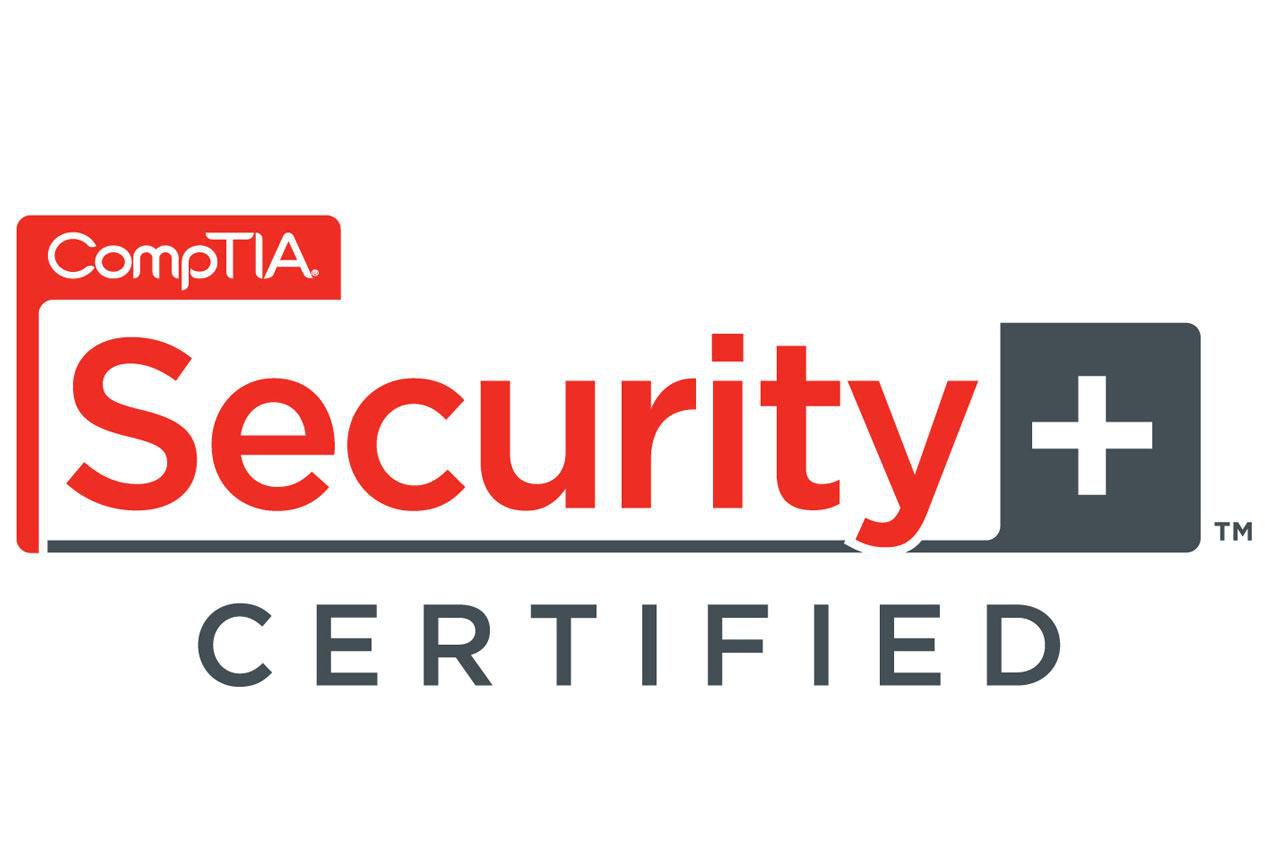Red Teaming Certifications and Learning Pathways

In the rapidly evolving world of cybersecurity, red teaming plays a crucial role in helping organizations identify vulnerabilities by thinking and acting like potential attackers. Whether you’re new to red teaming or an aspiring ethical hacker, obtaining certifications can validate your skills, enhance your credibility, and open doors to exciting opportunities. However, the journey doesn’t always have to start with paid courses. This guide outlines free ways to begin learning, followed by a logical pathway to pursuing the most recognized red teaming certifications.
Free Ways to Learn Red Teaming Skills
Before investing in certifications, it’s wise to explore free resources to build foundational knowledge. Many online platforms and communities offer free tools, labs, and training material to help beginners and professionals alike.
1️⃣ Online Platforms and Tutorials
🔸TryHackMe (Beginner to Intermediate): A platform offering hands-on virtual labs covering various cybersecurity topics, including ethical hacking and penetration testing.
🔸Hack The Box (Intermediate to Advanced): A popular platform for practicing red teaming skills through solving real-world hacking challenges.
🔸YouTube Tutorials: Channels like The Cyber Mentor, HackerSploit, and John Hammond provide excellent free tutorials on hacking tools and techniques.
2️⃣ Open-Source Tools
Red teamers rely on a variety of open-source tools to simulate attacks. Start experimenting with tools like:
🔸Kali Linux: A Linux distribution pre-loaded with hundreds of penetration testing tools.
🔸Metasploit Framework: For developing and executing exploit code.
🔸Nmap: For network discovery and security auditing.
3️⃣ Community Resources
🔸Cybersecurity Blogs and Forums: Blogs like Medium’s Infosec Writeups and forums like Reddit’s r/cybersecurity are great for insights and tips.
🔸GitHub Repositories: Many experienced red teamers share attack simulations and scripts on GitHub.
While these free resources can take you far, certifications demonstrate your commitment and technical expertise to employers. Let’s explore the most relevant red teaming certifications and a recommended pathway to achieve them.
Red Teaming Certifications: A Logical Pathway
Certifications in red teaming often vary in terms of difficulty, cost, and focus. The pathway below guides you from beginner to expert-level certifications, offering a structured approach to mastering red teaming.
1️⃣ Foundational Certifications
CompTIA Security+
Overview: Security+ is an entry-level certification that provides a broad understanding of cybersecurity principles, including network security, risk management, and threat analysis.
Why It’s Important: It’s not red-team-specific but lays a critical foundation in cybersecurity fundamentals, making it easier to transition into specialized areas like ethical hacking.
🔸Prerequisites: None
🔸Cost: ~$392 USD
🔸Study Resources: Free videos on YouTube, Cybrary courses, and practice exams on ExamCompass.
2️⃣ Ethical Hacking Certifications
Certified Ethical Hacker (CEH)
Overview: CEH is a globally recognized certification that focuses on penetration testing techniques, tools, and frameworks.
Why It’s Important: It introduces you to many skills and tools used in red teaming, such as reconnaissance, vulnerability analysis, and exploitation.
🔸Prerequisites: Basic IT knowledge is recommended.
🔸Cost: ~$1,200 USD (exam + training material).
🔸Alternatives: Study independently and take only the exam for ~$950 USD.
🔸Study Resources: Free tutorials on platforms like Udemy, and practice labs available on TryHackMe or Hack The Box.
3️⃣ Advanced Red Team Certifications
Offensive Security Certified Professional (OSCP)
Overview: Offered by Offensive Security, OSCP is a hands-on certification requiring you to exploit vulnerabilities in a live environment.
Why It’s Important: It’s a benchmark certification for penetration testers and red teamers, demonstrating advanced technical skills.
🔸Prerequisites: A solid understanding of penetration testing tools, Linux, and networking.
🔸Cost: ~$1,499 USD (includes 30 days of lab access).
🔻Study Resources:
🔸Free: Watch YouTube channels like IppSec for walkthroughs of retired Hack The Box machines.
🔸Paid: Offensive Security’s PWK (Penetration Testing with Kali) course.
4️⃣ Specialized Red Team Certifications
GIAC Penetration Tester (GPEN)
Overview: This certification focuses on penetration testing and methodologies, with an emphasis on assessing security systems.
Why It’s Important: It bridges the gap between penetration testing and red teaming, helping you understand how to simulate real-world attacks.
🔸Prerequisites: Intermediate penetration testing knowledge.
🔸Cost: ~$2,499 USD (includes exam and training).
🔸Study Resources: SANS Institute training courses, although costly, are top-notch.
Certified Red Team Professional (CRTP)
Overview: Offered by Pentester Academy, CRTP focuses specifically on Active Directory exploitation, a key skill for red teamers.
Why It’s Important: Red teamers often target Active Directory environments in engagements, making this certification highly practical.
🔸Prerequisites: Knowledge of basic penetration testing and networking.
🔸Cost: ~$499 USD (includes 30 days of lab access).
🔸Study Resources: Pentester Academy’s online lab platform.
5️⃣ Expert-Level Certifications
Certified Red Team Operator (CRTO)
Overview: Focused on advanced red teaming tactics, CRTO teaches how to use Cobalt Strike and other tools to execute sophisticated attack simulations.
Why It’s Important: It sets you apart as a highly skilled red teamer capable of handling complex engagements.
🔸Prerequisites: Proficiency in penetration testing and Active Directory attacks.
🔸Cost: ~$499 USD (includes training and exam).
🔸Study Resources: Learn Cobalt Strike and review resources on modern attack simulations.
Offensive Security Experienced Penetration Tester (OSEP)
Overview: The OSEP certification expands on OSCP, emphasizing evasive techniques and advanced exploitation.
Why It’s Important: It positions you as a leader in red teaming and penetration testing engagements.
🔸Prerequisites: OSCP or equivalent experience.
🔸Cost: ~$1,499 USD (includes lab access).
🔸Study Resources: Hands-on labs, coursework, and real-world scenario walkthroughs.
The field of red teaming is both challenging and rewarding. By following this logical certification pathway, you can gradually build expertise and become a sought-after professional. Remember, the journey isn’t just about earning certifications—it’s about developing practical skills through constant learning and experimentation.
Start with free resources, invest in certifications as your knowledge grows, and join a community of cybersecurity enthusiasts to stay updated. Red teaming is not just a career, it’s a mindset of thinking creatively, strategically, and offensively to safeguard digital systems.





